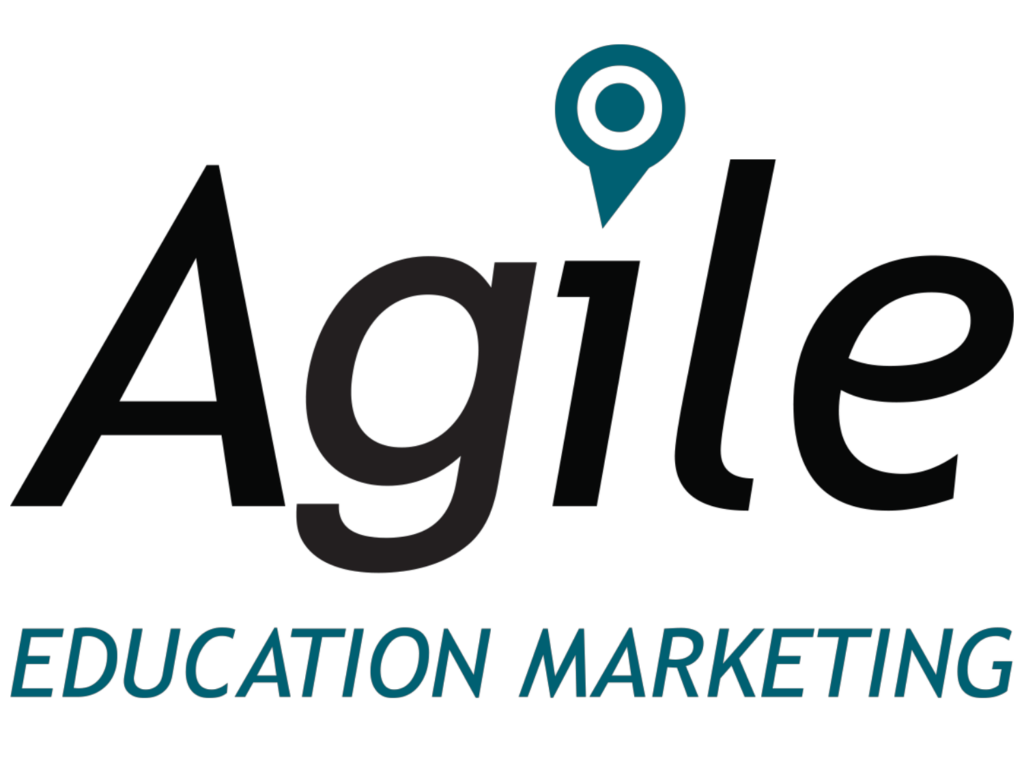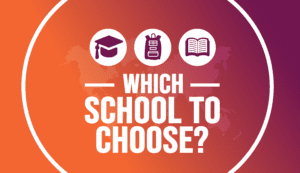Selling into K–12 schools means more than offering a great product—it means knowing the rules. In a highly regulated state like New Jersey, understanding school purchasing requirements is key. The state prioritizes transparency and equity in spending, so vendors need to know the process to engage successfully.
We’re breaking down purchasing thresholds, procurement procedures, and why compliance matters, so you can navigate New Jersey’s system with confidence—and position your solutions for success.
Navigating Purchasing Requirements for Schools in New Jersey
Understanding how schools in New Jersey make purchasing decisions starts with recognizing the state’s unique regulatory landscape. While the state provides oversight, school districts maintain significant local control over procurement. This means that rules are shaped by state law, but individual districts have the flexibility to manage their own purchasing processes.
Purchasing decisions are typically overseen by a combination of school boards, business administrators, and designated purchasing agents. And while the New Jersey Department of Education offers guidance and resources, it’s ultimately up to each district to follow the Public School Contracts Law and related policies when making purchases.
Funding adds another layer of complexity. New Jersey schools operate on a mix of local, state, and federal dollars. This means that vendors must be aware not only of state-specific procurement rules but also of additional requirements that may apply when federal funds are used.
Why Compliance Matters for Vendors
For education solution providers, understanding and adhering to New Jersey’s purchasing requirements isn’t just a legal necessity—it’s a strategic advantage. Here are five key reasons to ensure compliance:
- Following New Jersey’s purchasing rules shows districts that your company understands and respects their processes.
- Noncompliance can result in lost deals or even being barred from future business with a district.
- Knowing the rules helps vendors align proposals with the district’s fiscal year and anticipate purchasing cycles.
- Recognizing when districts make significant purchases can help time outreach for peak engagement.
- Demonstrating knowledge of state and district guidelines helps your solutions stand out from the competition.
NJ School Purchasing Limits and How They Affect Sales
New Jersey schools operate under clearly defined purchasing thresholds—or dollar limits that determine how districts must procure goods or services. These thresholds ensure transparency, fairness, and compliance with state regulations, and they directly affect how vendors approach sales.
Here’s a snapshot of the current thresholds:
- Under $6,600: Purchases are generally at the discretion of the school administrator, allowing for more flexibility and faster decision-making.
- $6,601–$39,000: Districts must obtain competitive quotes, typically from at least three vendors, to ensure the best value.
- Over $39,000: A formal competitive bid process is required, including advertising and Board of Education approval.
It’s important to note that these thresholds can adjust annually, and exceptions exist (e.g., purchases through New Jersey State Contracts or approved cooperative purchasing systems). Staying aware of these thresholds can help you:
- Time your proposals
- Tailor your approach
- Engage effectively with districts
- Position your solutions for maximum impact
Inside the NJ School Purchasing Process + How Vendors Prepare
Let’s take a closer look at the procurement procedures in New Jersey schools, noting they can vary by purchase amount and type:
- Competitive bidding: Purchases above the $39,000 threshold require formal bids, including advertising, sealed proposals, and awarding to the lowest responsible bidder. Thresholds may adjust annually.
- Quotations: Mid-range purchases ($6,601–$39,000) require at least two written quotes to ensure districts get the best value.
- RFPs, RFQs, and formal bids: Specialized services or projects may use requests for proposals (RFPs) or requests for quotes (RFQs), allowing districts to evaluate vendors based on price and qualifications.
- State contracts and cooperative purchasing: Schools can buy from pre-approved vendors through contracts like the Educational Services Commission of New Jersey (ESCNJ) or NASPO ValuePoint, simplifying procurement and ensuring compliance.
- Educational Data Services (EDS): EDS helps districts leverage collective buying power to get competitive pricing on products and services.
- Emergency purchases and proprietary products: Urgent or unique needs may allow districts to bypass standard procedures, but documentation is required to maintain compliance.
What Does Vendor Readiness Look Like?
Before engaging with districts, vendors should ensure they’re fully prepared to meet New Jersey’s requirements. Key elements of vendor readiness include:
- NJ Business Registration Certificate: Proof that your company is registered to do business in the state.
- W-9 and NJ Chapter 51/political contribution forms: Required for all vendors to ensure compliance with state regulations.
- Proof of insurance and DUNS number: Often requested; having these ready demonstrates professionalism and credibility.
- DEI and environmental responsibility: Some districts may consider diversity, equity, inclusion, or sustainability practices when evaluating vendors.
Being proactive about these requirements positions your company as reliable and ready to partner with school districts.
Best Practices for Selling to Schools in the Garden State
Navigating New Jersey’s school procurement rules can feel complex, but vendors who follow best practices can gain a competitive edge. Here are strategies to keep in mind:
Plan Around Purchase Thresholds
Tailor your sales approach based on the size of the purchase and the applicable procurement requirements. Understanding thresholds helps you know when formal bids, competitive quotes, or more flexible purchasing methods apply, allowing you to time your outreach effectively.
Get Registered Early
Ensure your NJ Business Registration Certificate and all required documentation—such as W-9 and Chapter 51 forms—are in place well before opportunities arise. Early registration signals professionalism and readiness to districts.
Leverage Cooperative Purchasing Networks
Use systems like ESCNJ, NASPO ValuePoint, or Educational Data Services (EDS) to access multiple districts through pre-approved contracts. These cooperatives simplify the procurement process and help vendors reach more schools efficiently.
Build Relationships Ahead of RFPs
Connect with administrators, business officials, and purchasing agents to understand district priorities and timelines. Building relationships early positions your company as a trusted partner when formal bids or RFPs are issued.
Align With Funding Cycles
Coordinate outreach with the district’s fiscal year (July 1–June 30) and recognize peak purchasing periods, often in the spring. Timing proposals with budget planning increases your chances of success.
Stay Updated on Rules and Contracts
Monitor changes to thresholds, bidding rules, and cooperative contracts to remain compliant and competitive. Being informed allows you to adapt quickly and avoid missteps that could cost opportunities.
Highlight Compliance Readiness
Demonstrate that your company can navigate state rules and district procedures smoothly. Vendors who show compliance readiness instill confidence and reduce friction during the procurement process.
Focus on Value, Not Just Price
Emphasize ROI, student learning outcomes, and long-term benefits when pitching your solution. Showing measurable value strengthens your position in competitive bids and differentiates your offerings from competitors.
NJ School Purchasing FAQs
Still have questions about navigating New Jersey’s school purchasing landscape? Here’s what you need to know:
Do vendors need to be pre-approved or registered to sell to NJ public schools?
Yes. Vendors must have a valid New Jersey Business Registration Certificate and typically submit required documents like a W-9 and NJ Chapter 51/Political Contribution forms. Being registered ensures compliance and eligibility to participate in district procurement.
What is a purchasing cooperative, and how can vendors benefit from joining one in NJ?
A purchasing cooperative is a group of school districts that pool buying power to obtain better pricing and simplify procurement. Examples in NJ include ESCNJ, NASPO ValuePoint, and EDS. Vendors benefit by gaining access to multiple districts through pre-approved contracts, saving time and reducing administrative hurdles.
Are charter schools in New Jersey subject to the same purchasing rules as traditional public schools?
Charter schools often follow similar procurement principles, but they can have more flexibility depending on their governing policies. Confirm each charter school’s specific rules before submitting proposals.
Can schools in New Jersey purchase directly from state contracts?
Yes. Schools can use New Jersey State Contracts or approved cooperative purchasing agreements, which allow districts to buy from pre-approved vendors at negotiated prices. This can streamline procurement and ensure compliance with state law.
What types of purchases typically require formal bidding in NJ?
Purchases exceeding the formal bid threshold require competitive bidding, which includes advertising, sealed proposals, and Board of Education approval. Specialized services may also require RFPs or RFQs, depending on district policies.
Are there penalties for noncompliance with NJ school procurement rules?
Yes. Noncompliance can result in lost contracts, delayed payments, or being barred from future opportunities. Compliance not only avoids penalties but also builds credibility with districts and strengthens your position in competitive bids.
Turn NJ Purchasing Rules Into Your Competitive Advantage
Understanding New Jersey’s purchasing thresholds, aligning with district procedures, and staying compliant aren’t just boxes to check—they’re opportunities to strengthen your sales strategy. By treating compliance as a competitive edge, you can position your company as a trusted, knowledgeable partner.
Agile Education Marketing helps solution providers connect with the right decision-makers, leveraging rich education data to filter by region, role, funding priorities, and more. With Agile, you can build compliant, high-impact outreach campaigns tailored to the New Jersey market.
Explore our Education Data, or request a consultation to learn more.



